12 January 2025
Bluetooth technology has become an absolute game-changer in the automotive world, especially when it comes to car infotainment systems. Remember the days when you needed a tangled mess of wires or a bunch of CDs just to enjoy some tunes on the road? Yeah, not exactly the smoothest setup. But thanks to Bluetooth’s wireless convenience, the way we interact with our car’s entertainment and communication systems has been revolutionized. So, let’s dive into the role of Bluetooth in modern car infotainment systems and why it’s such a big deal today.
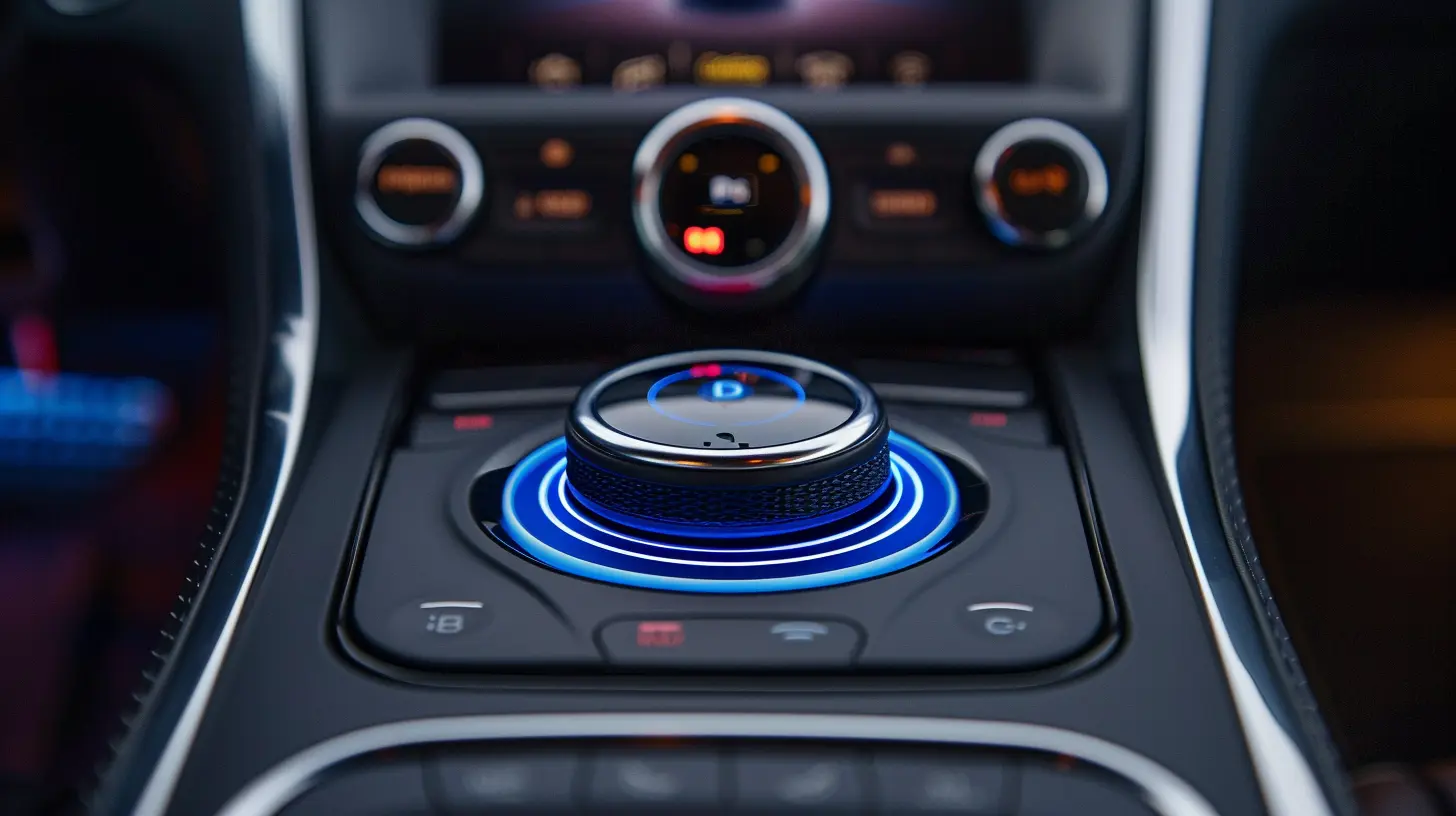
What Exactly Is Bluetooth?
Before we get into how Bluetooth fits into your car’s infotainment system, let’s take a quick refresher on what Bluetooth actually is. Simply put, Bluetooth is a wireless technology that allows devices to communicate with each other over short distances. Think of it as a digital handshake that lets your smartphone and your car talk to each other without needing a bunch of cords. This tech has been around since the late 1990s, but it’s evolved a lot since then.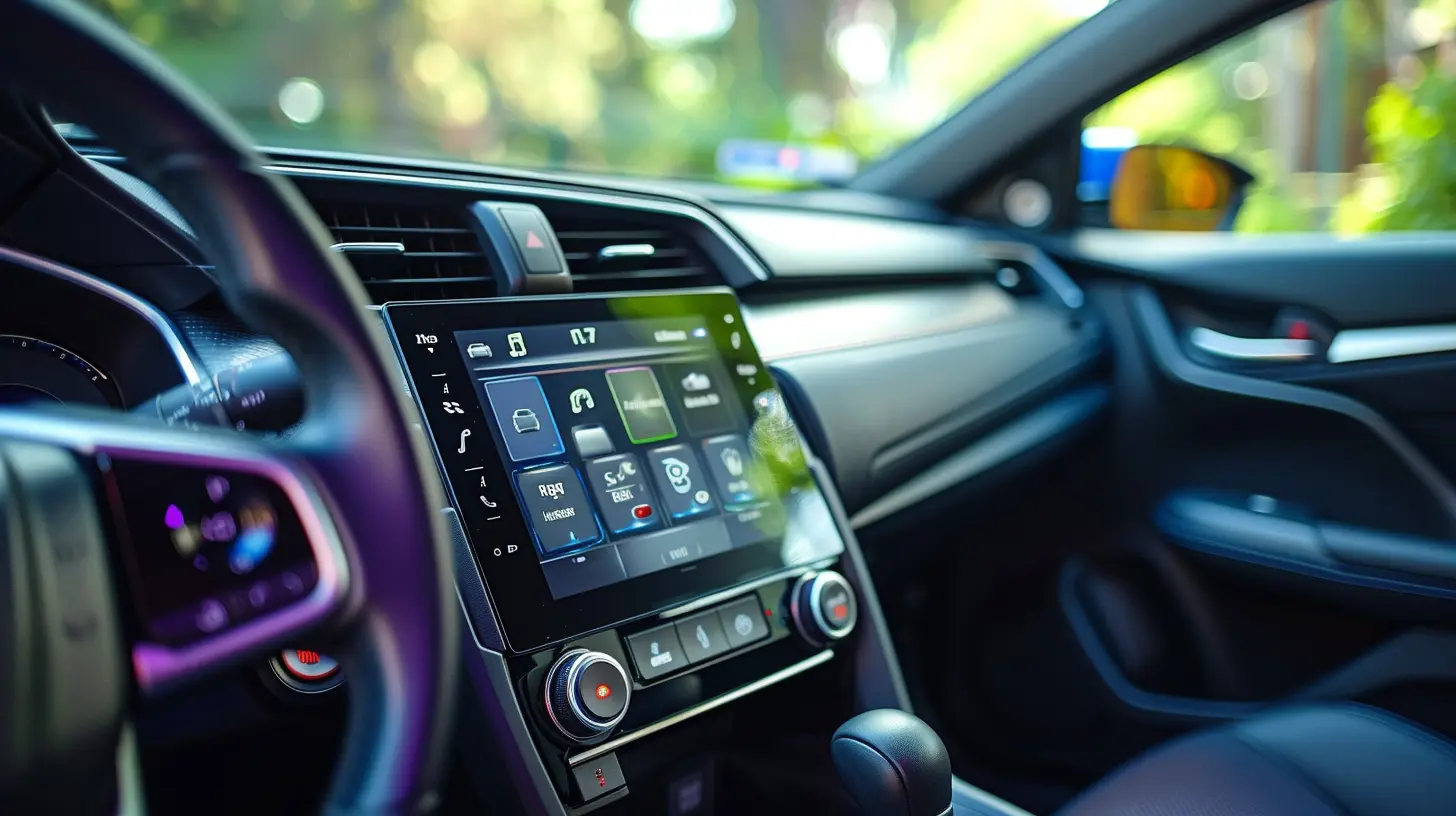
A Seamless Driving Experience
Bluetooth is all about convenience, right? When you’re driving, the last thing you want is to be distracted by fiddling with your phone or adjusting settings on your dashboard. Bluetooth lets you do things like make hands-free calls, stream music, and even get directions without needing to take your hands off the wheel or your eyes off the road. It’s like having a personal assistant in the car, minus the cost of hiring someone.Hands-Free Calling
Let’s face it: trying to juggle a phone call while driving is not only dangerous, but it’s also illegal in many places. Bluetooth hands-free calling is one of the most significant benefits of modern car infotainment systems. Once your phone is paired with your car, you can easily take incoming calls or make outgoing ones by using voice commands or your car’s controls. No more fumbling around with your phone while trying to steer!Music Streaming
Gone are the days of lugging around CDs or dealing with static-filled radio stations. With Bluetooth, you can stream your favorite playlists, podcasts, or audiobooks directly from your smartphone to your car’s audio system. Whether you’re a Spotify fanatic or a podcast binger, Bluetooth lets you enjoy your media seamlessly. And the best part? No more cords cluttering up your console.Voice Commands & Virtual Assistants
Bluetooth also opens the door to using voice assistants like Siri, Google Assistant, or Alexa while you’re driving. Need directions to the nearest gas station? Want to send a quick text message without typing? Just ask your virtual assistant. This allows you to stay connected without being distracted, making your driving experience safer and more efficient.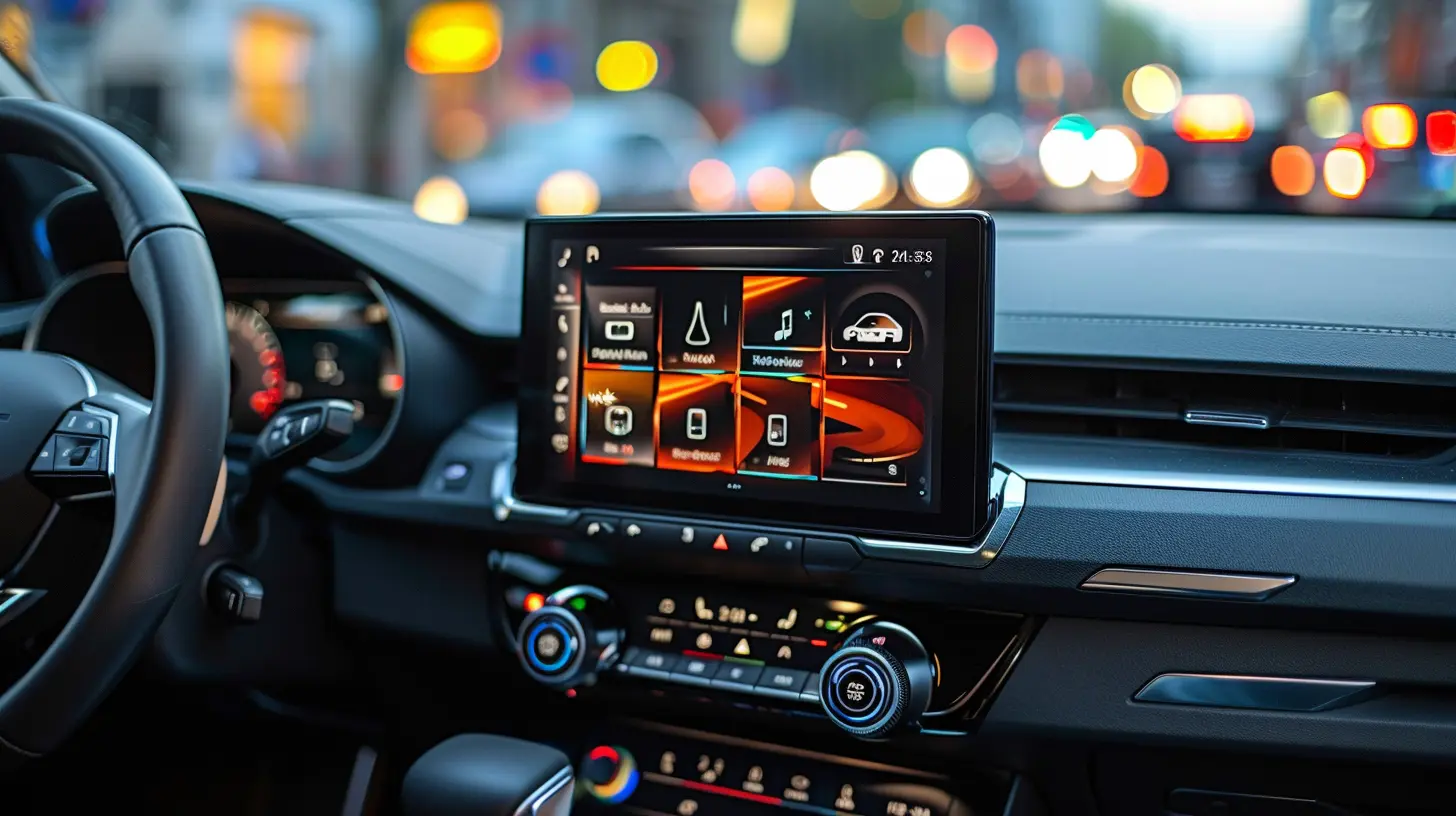
How Bluetooth Transforms Modern Car Infotainment
Bluetooth has completely transformed the way we interact with our cars. But it’s not just about streaming music or making calls—it’s the backbone of modern car infotainment systems. Let’s break it down.Wireless Connectivity
Bluetooth has made it possible for multiple devices to connect to your car’s infotainment system without needing any physical connection. This means you can keep your phone in your pocket, your bag, or even in the backseat, and still have full access to your car’s features. Need to switch between your phone and your passenger’s phone for music? No problem. Bluetooth allows multiple devices to be paired and switched seamlessly.Integration with Apps
Car infotainment systems are no longer just about playing music or answering calls. Thanks to Bluetooth, you can integrate apps like navigation, weather, and even social media (although, let’s keep the latter for when you’re parked). For example, smartphone apps like Apple CarPlay and Android Auto are powered by Bluetooth, allowing you to use your phone’s features right from your car’s dashboard. It’s like turning your car into an extension of your phone.Improved Safety Features
Modern cars equipped with Bluetooth often come with advanced safety features that work in tandem with the infotainment system. For example, some vehicles have collision avoidance systems that alert you if you're getting too close to another car, and Bluetooth enables these alerts to be communicated through the car’s audio system. This helps keep your attention where it needs to be—on the road.Automatic Software Updates
Gone are the days of needing to visit the dealership just to update your car’s software. Thanks to Bluetooth, some car infotainment systems can automatically download and install updates from your phone or other devices. This ensures that your system is always up to date with the latest features and bug fixes without you having to lift a finger.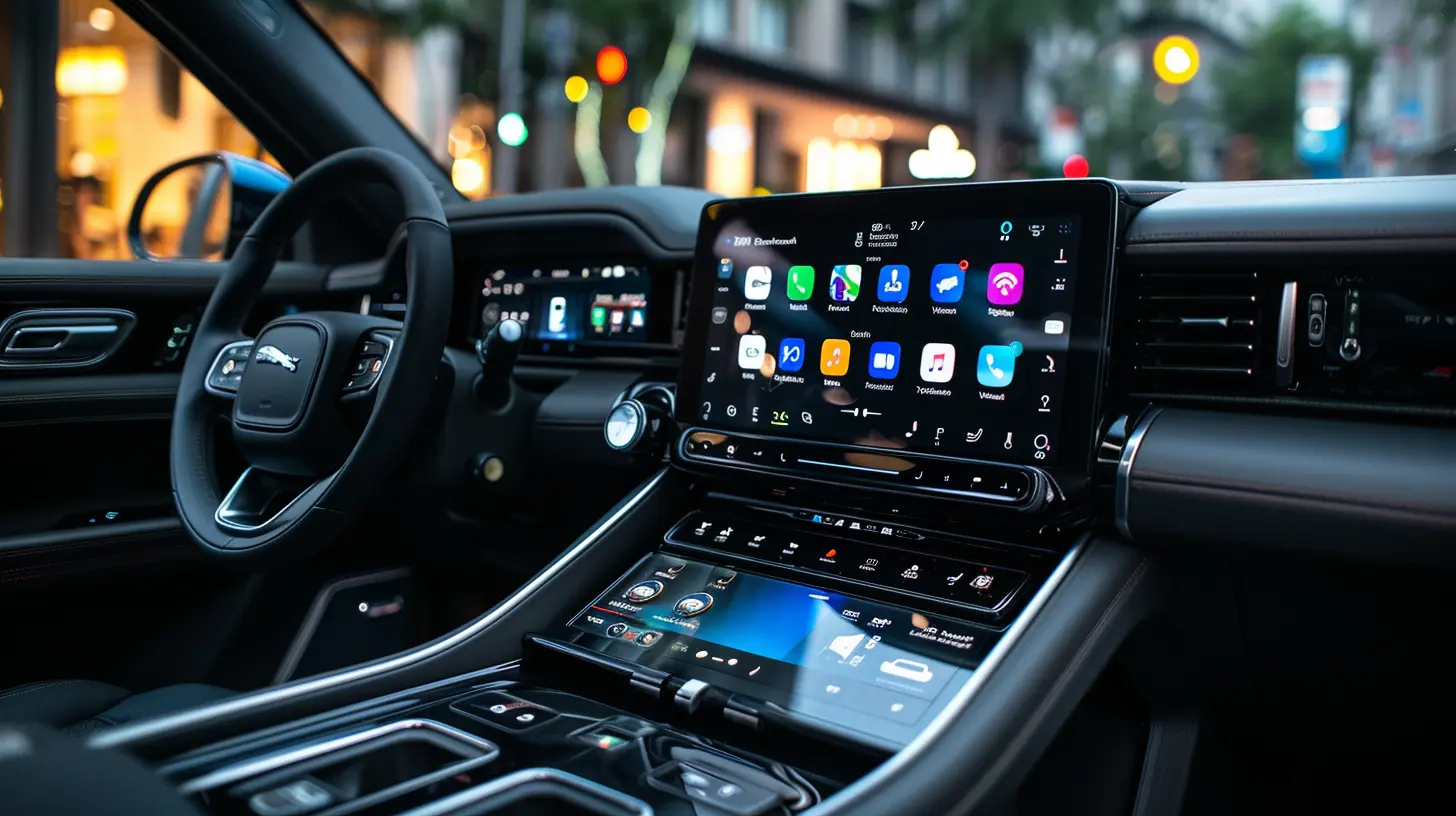




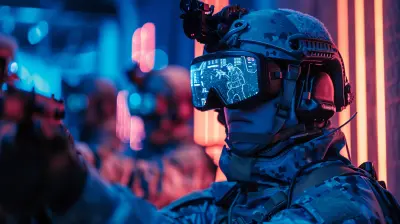
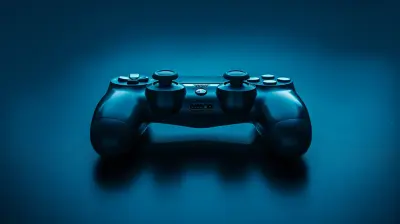



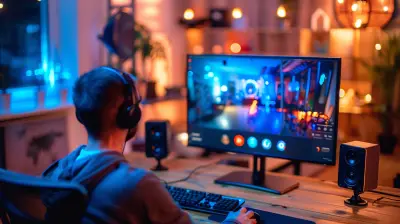

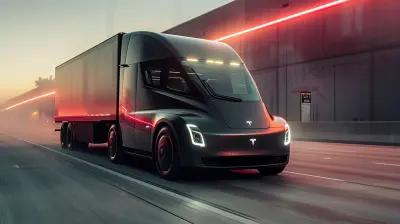

Matilda Williams
Great article! Bluetooth truly enhances connectivity in car infotainment systems. It would be interesting to explore future advancements, like improved sound quality and seamless device integration. Keep up the good work!
April 6, 2025 at 11:46 AM